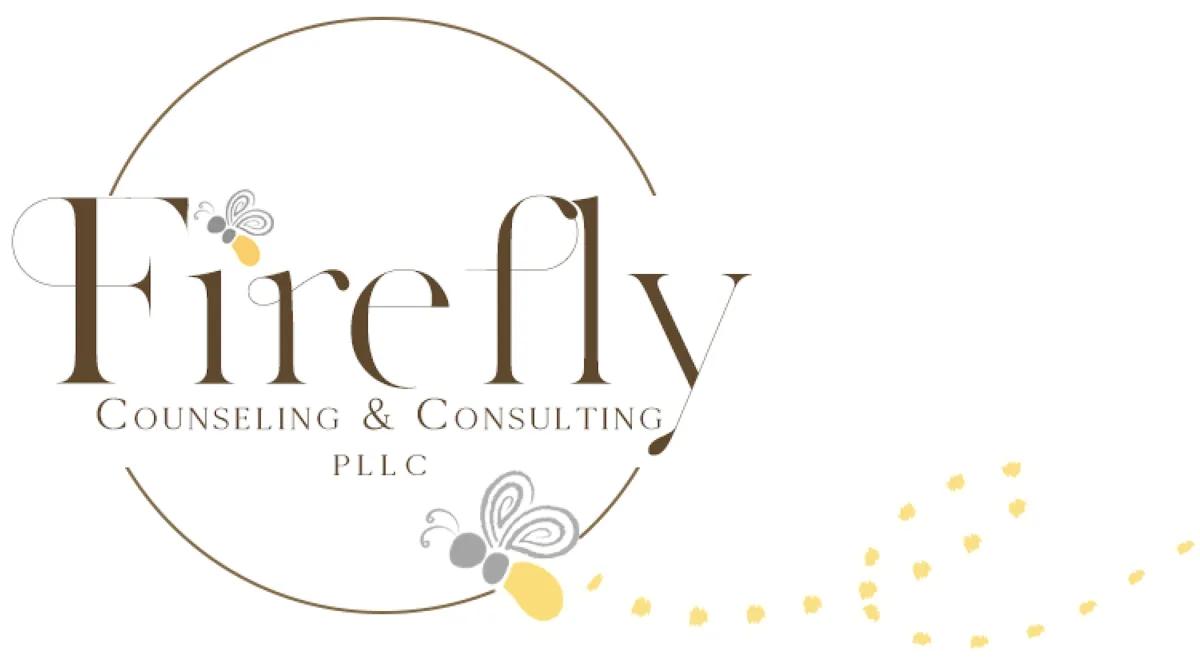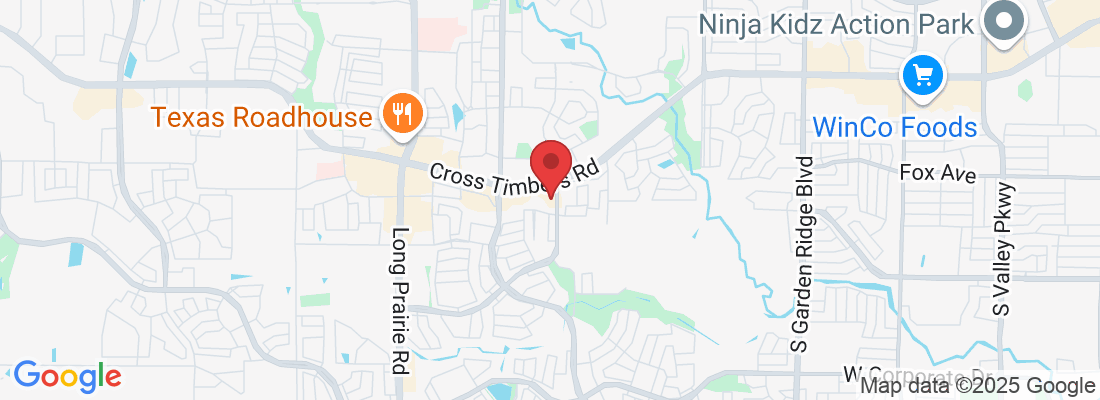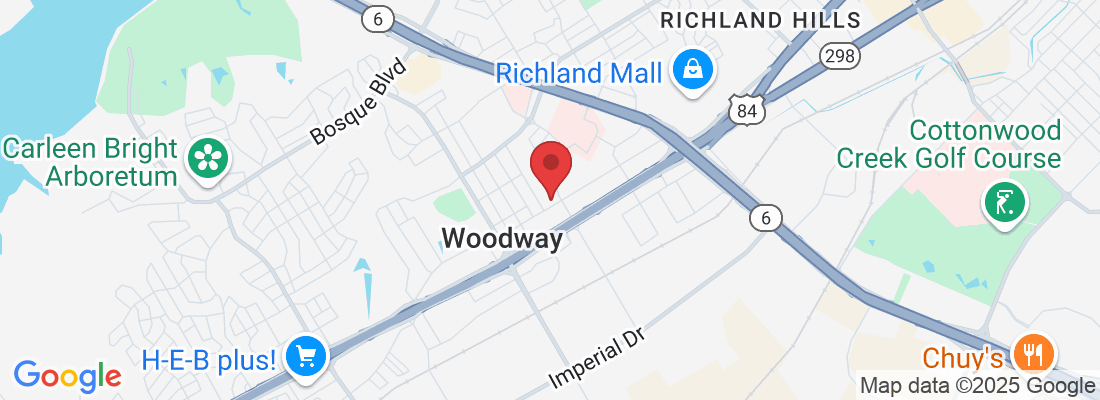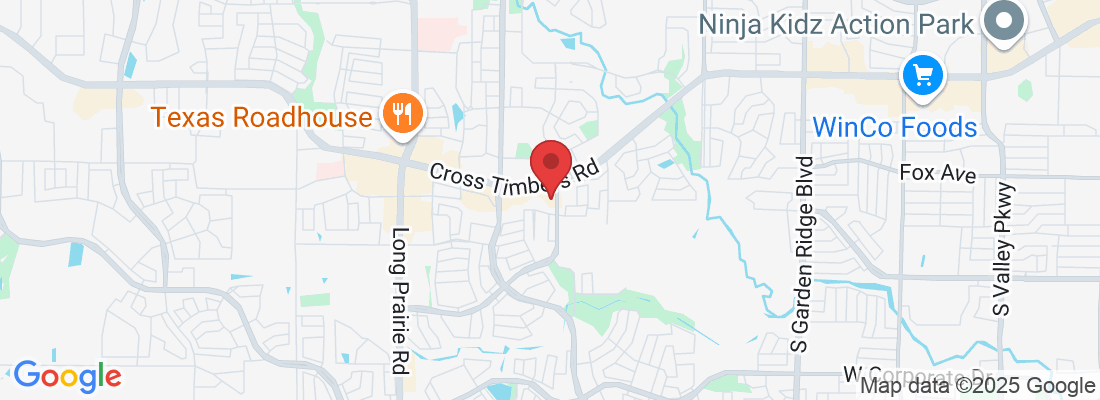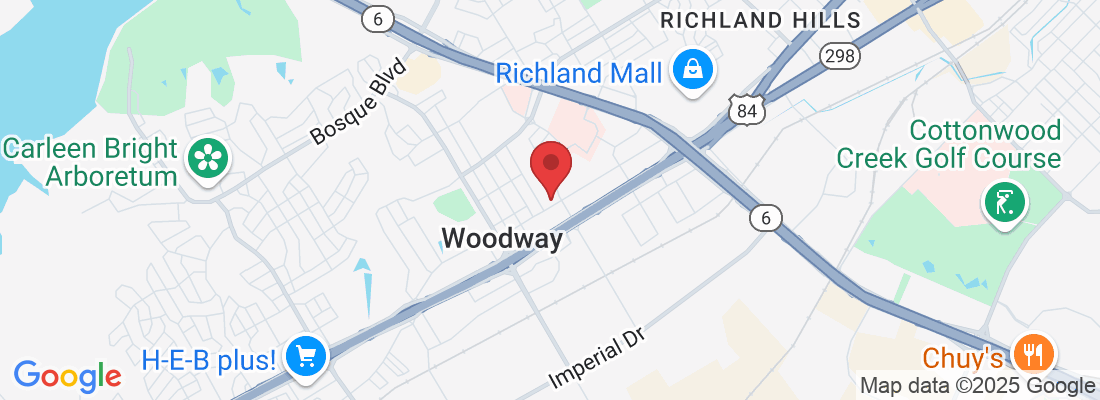Blog & Resources
Blog & Resources

The Truth About Trauma: It’s Not Just the Big Stuff
When you hear the word trauma, what comes to mind?
Many people think of natural disasters, war, serious accidents, or abuse. These are often called “Big T” traumas — clearly life-threatening events that leave deep emotional scars.
But trauma isn’t only about what happened to you. It’s also about what your body and nervous system had to do to survive.
And that means trauma can take many forms — even the quiet, everyday ones that often go unnoticed.

The Subtle Faces of Trauma
Have you ever felt stuck, shut down, or overwhelmed by things others seem to handle easily?
Maybe you grew up in a home where emotions weren’t safe to express. Maybe you were constantly on edge, trying to anticipate a parent’s mood. Maybe no one ever hurt you outright — but no one really saw you either.
These experiences may not seem dramatic on the surface, but they shape your sense of safety, your ability to trust, and your relationship with yourself.
This is what’s often called “little t” trauma — not because it’s small or insignificant, but because it doesn’t fit the narrow boxes many people think trauma must come in.
Trauma Is About the Nervous System, Not the Event
The key thing to remember: trauma isn’t defined by the event — it’s defined by your body’s response to it.
Two people can go through the same situation and come out with very different emotional imprints. It’s not about how “bad” it was. It’s about whether you had support, safety, and the ability to process what happened.
If your body had to store that stress just to get through the day, it counts.
Signs of Unacknowledged Trauma
Feeling numb or disconnected from your emotions
Constantly being on edge or hyper-aware of danger
Trouble trusting others or feeling close
A sense of shame or “something’s wrong with me”
Perfectionism, people-pleasing, or always needing control
These patterns are often adaptive responses — ways you protected yourself when the world didn’t feel safe.
You Deserve to Heal — No Matter What You’ve Been Through
You don’t need to justify your pain or compare your story to someone else’s. If something in your life has made it hard to feel safe, connected, or at ease — that matters.
Therapy offers a space to unwind these survival responses, gently reconnect with your body, and learn that safety is possible again.
At Firefly Counseling, we believe your story deserves to be heard — even the parts that feel quiet, small, or confusing.
You are not “too sensitive.”
You are someone who learned how to survive.
And now, you deserve the chance to heal.
🌱 Ready to take that first step?
If this resonated with you, we’re here to walk alongside you.
Reach out today to schedule a free consultation and learn how trauma-informed therapy can support your journey toward healing and wholeness.
Podcast Series
All about EMDR: A deep dive into a groundbreaking modality for mental wellness
In the latest episode of 'Functional Medicine in Real Life,' Allison had the wonderful opportunity to share insights about a therapy close to heart—Eye Movement Desensitization and Reprocessing, or EMDR.
This technique has been a cornerstone in helping individuals navigate through the emotional turmoil of traumas and challenging life events. Joining the conversation, Allison delves into the essence of EMDR therapy, its potential to foster healing, and whom it can benefit, touching on the common roots of anxiety and how EMDR addresses them.
If you've ever been curious about EMDR or the impact of counseling on personal growth, this episode offers a personal glimpse into the process and its profound benefits.
I invite you to listen as we explore the transformative power of EMDR and how it can pave the way toward emotional healing.
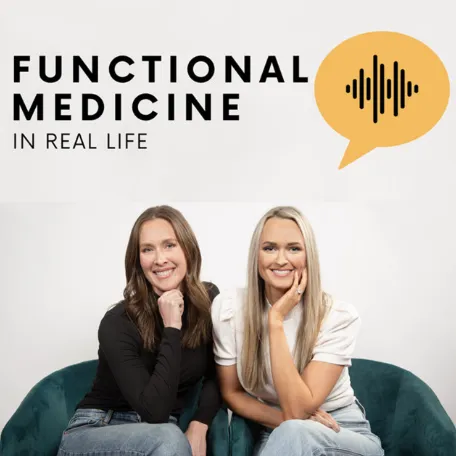
Watch our latest podcast episode below:
In this Good Neighbor Podcast episode, Allison Cornell—founder of Firefly Counseling & Consulting—shares how her team is bringing light to dark places through trauma-informed care, EMDR, and holistic therapy. From her roots in education to launching a thriving group practice, Allison discusses breaking therapy myths, supporting first responders and families, and helping clients heal with compassion and purpose.
Podcast Series
All about EMDR: A deep dive into a groundbreaking modality for mental wellness

In the latest episode of 'Functional Medicine in Real Life,' Allison had the wonderful opportunity to share insights about a therapy close to heart—Eye Movement Desensitization and Reprocessing, or EMDR.
This technique has been a cornerstone in helping individuals navigate through the emotional turmoil of traumas and challenging life events. Joining the conversation, Allison delves into the essence of EMDR therapy, its potential to foster healing, and whom it can benefit, touching on the common roots of anxiety and how EMDR addresses them.
If you've ever been curious about EMDR or the impact of counseling on personal growth, this episode offers a personal glimpse into the process and its profound benefits.
I invite you to listen as we explore the transformative power of EMDR and how it can pave the way toward emotional healing.
Watch our latest podcast episode below:
In this Good Neighbor Podcast episode, Allison Cornell—founder of Firefly Counseling & Consulting—shares how her team is bringing light to dark places through trauma-informed care, EMDR, and holistic therapy. From her roots in education to launching a thriving group practice, Allison discusses breaking therapy myths, supporting first responders and families, and helping clients heal with compassion and purpose.
Contact Information
Email: allison@fireflycandc.com
Phone Number: 254.230.4994
Assistance Hours
Mon – Sat 9:00am – 8:00pm
Sunday – CLOSED
Flower Mound Address:
3535 Firewheel Dr.
Flower Mound, TX 75028-2628
Waco Address:
7100 Old McGregor Rd.
Woodway, TX 76712
Contact Information
Email: allison@fireflycandc.com
Phone Number: 254.230.4994
Assistance Hours:
Mon – Sat 9:00am – 8:00pm
Sunday – CLOSED
Flower Mound Address:
3535 Firewheel Dr.
Flower Mound, TX 75028-2628
Waco Address:
7100 Old McGregor Rd
Woodway, TX 76712
